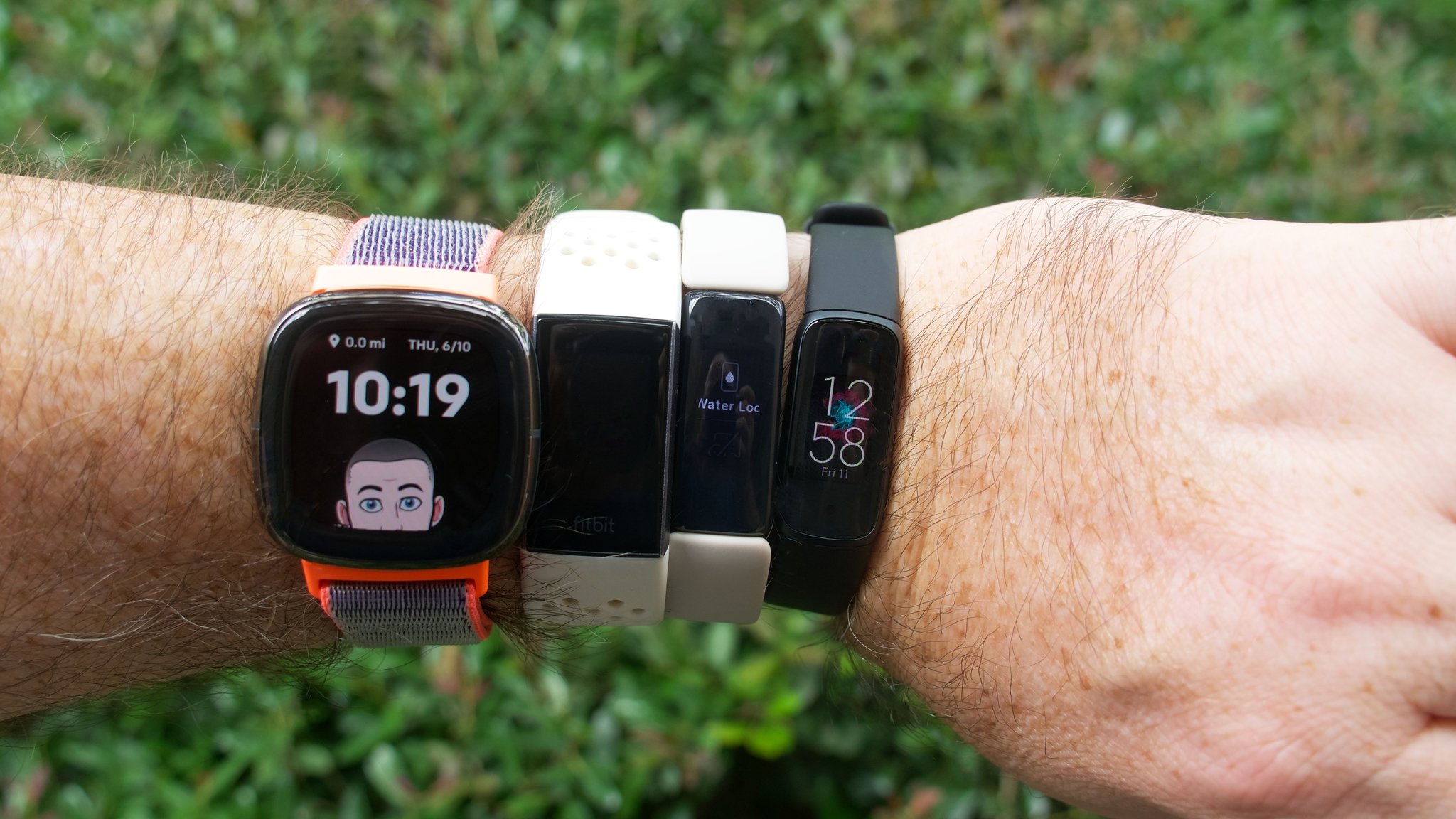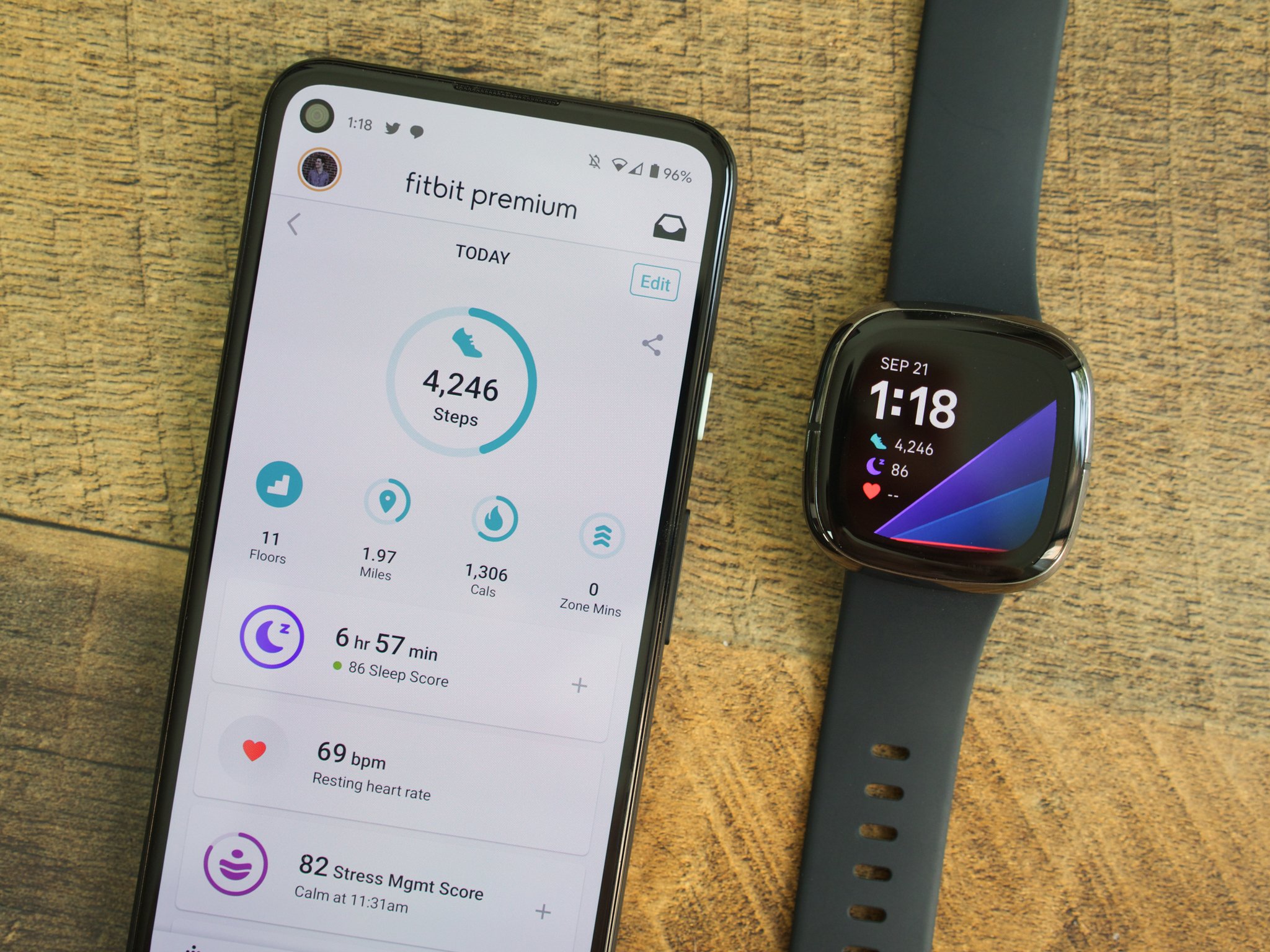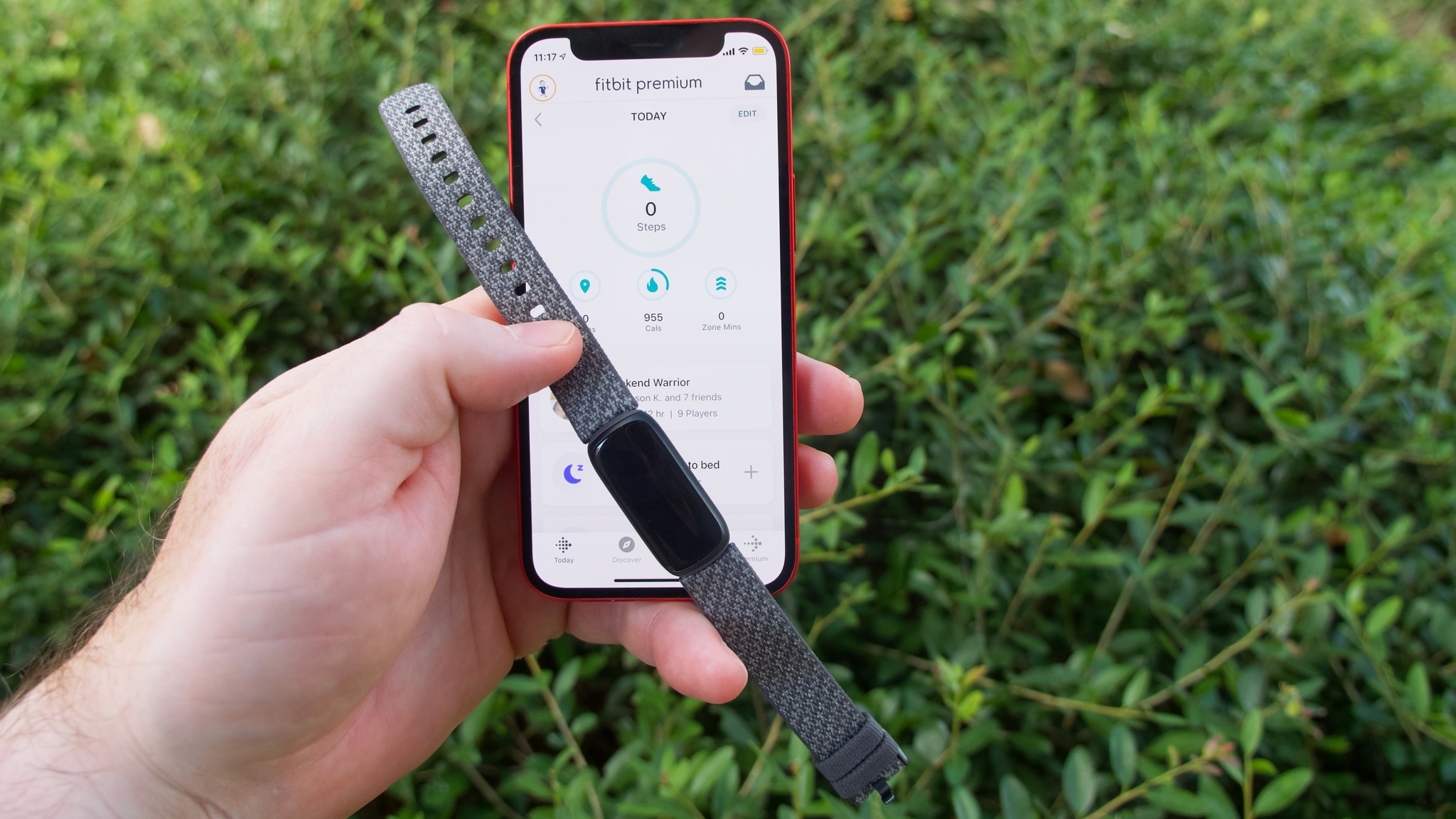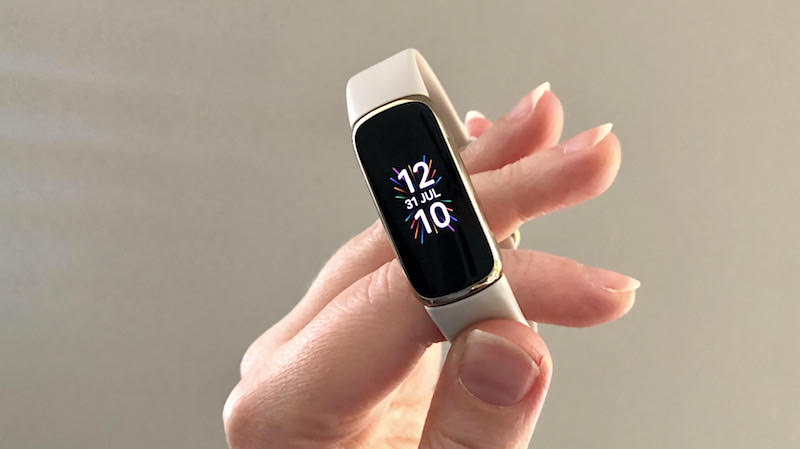Should Google cut off Fitbit iPhone users in the future?
Is this move a case of cutting off its nose to spite its face?
Last week I came across an intriguing article by Michael Simon over at MacWorld which speculated that Fitbit could be alienating or even abandoning its base of iOS customers with the release of the next premium smartwatch.
It might seem strange that I, as an Android user, would care all that much much about this possibility. However, as someone who has many friends and family that use Fitbits with their iPhones, the idea that they might not be able to do so in the future did pique my interest. Just within my own circle, I can easily envision lots of unhappy Fitbit fans if Google were to decide to ignore iOS for its smartwatches and trackers in the future.
To be clear, the idea that Google and Fitbit would abandon their iOS users is speculation at this point.
Now I want to be clear that, as of yet, there is no evidence that Google/Fitbit plans to abandon their iOS user base. It's pure conjecture at this point, though it is based on a few facts that we already have regarding Wear OS 3. Fact number 1 is that Fitbit CEO James Park confirmed back at Google I/O 2021 that the next premium Fitbit smartwatch would run Wear OS. Fact number 2 is that the only smartwatches currently running Wear OS 3 - the Samsung Galaxy Watch 4 and Watch 4 Classic - are not compatible with iPhones.
From these facts, it's easy to speculate that future Wear OS devices also won't work on iOS. And from there, it's a logical jump to assume that Fitbit trackers may not be compatible with iPhones moving forward either. If either or both of these assumptions turn out to be true, what does that mean for the future success of Google/Fitbit's wearables?
Focusing Fitbit on AndroidMany seem to think that not only will Google abandon iOS as a Fitbit platform, but that it should do so for the good of the Wear OS and Android ecosystems. After all, the Apple Watch is not compatible with anything but an iPhone, so why should Google/Fitbit through good money after bad in a fight that they probably can't win on iOS?
These advocates argue that Google should take advantage of the momentum that it's building with Wear OS 3, the Pixel 6 and 6 Pro, and its new in-house silicon chops and make plans to sever ties with iOS users moving forward. Gene Munster, managing partner at Loup Ventures, is one of the experts espousing this viewpoint, calling the decision for Google/Fitbit to focus on its own Android user base. A "smart trade-off."
It's the right call for Google/Fitbit to leave iOS customers. The reality is that the effort to maintain those customers is high, and the likelihood of winning a material number of new customers in the next five years is low.
Jitesh Ubrani, research manager at IDC, concurs.
"Apple has done an extremely good job at making sure the Apple Watch is essentially the only choice for iPhone users, so I doubt their users would even notice that Wear OS 3 watches aren't compatible."
Also working in Google and Fitbit's favor is the fact that the Android smartwatch space hasn't caught fire to date.
"Sadly, Android still lacks a hero smartwatch that can be recommended as the default or the 'go-to' product for anyone seeking a smartwatch. As such, many users are either unhappy with their existing smartwatches or simply don't own one, and this could easily be a gold mine for Google/Fitbit," Ubrani says.
Ignoring iOS at its own perilOf course, this argument also assumes that Google will keep making Fitbit watches and trackers in the future, rather than incorporating Fitbit's software suite fully into Wear OS. And yet, our own internal polling shows that over half those who responded want Google to keep Fitbit as an "independent" hardware brand.
Turning your back on a loyal customer base seems like an unwise decision.
Now, it seems that to do so, Google would need to maintain at least some compatibility between Fitbit devices and iOS. Particularly with the growth of Chinese manufacturers like Xiaomi in the tracker space.
Much of Fitbit's current user base is made up of iPhone users, and at least a third of active Fitbit devices are trackers like the Charge line. So if Fitbit continues to make fitness trackers in addition to smartwatches for Wear OS, I agree with Simon that it would be a huge missed opportunity for it not to continue supporting iOS users.
Doing so is "going to hurt Fitbit way more than Apple," says Simon. Even Ubrani, who was somewhat bullish on the idea of Google abandoning iOS, agreed that "usually it's not a good idea to abandon a customer base," and Fitbit's iOS base is not insignificant.
Unless future iterations of Fitbit trackers run Wear OS, I don't see the trackers excluding iOS users. The existing software and services already run on iOS, so it doesn't require much effort on Google to keep things going. Moreover, these trackers attract an audience that Apple doesn't cater to, so Google could lose face by excluding them. - Jitesh Ubrani
Many iPhone users love their basic Fitbit trackers for all sorts of reasons. As Simon mentioned in his MacWorld piece, "whether it's the size, shape, price, or battery life, Fitbit's family of devices have surprising appeal among Apple fans." That's not to mention all of the iPhone families that give their kids Fitbit trackers to encourage activity and movement, participate in friendly family challenges, and because they just trust Fitbit more than other companies.
Additionally, many iPhone users simply don't want to or can't afford the upgrade to an Apple Watch. Anecdotally, friends and family I've spoken with who pair Fitbit trackers with iPhones do so because they prefer simplicity and don't want a complicated device on their wrist.
Why should Google/Fitbit give up this healthy and loyal market segment?
Moving forward bit by FitbitGiven Fitbit's most recent product releases and how the company gushed over the success of the Charge line, and how excited they were by the Luxe, I am optimistic that most of its devices will work with iOS for the foreseeable future. As a Fitbit tracker fan, I hope I'm right.
But what do you think? Do you think it would be wise for Google and Fitbit to shut out iOS users in the future? Why or why not? Let me know in the comments section.
Have a fantastic Labor Day weekend!



